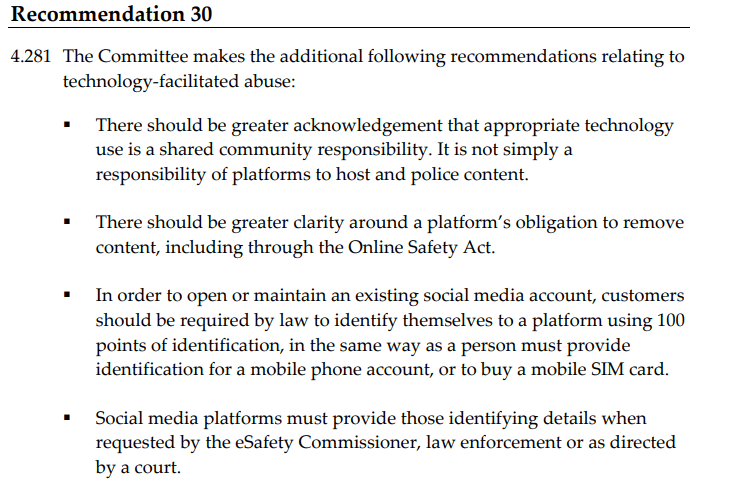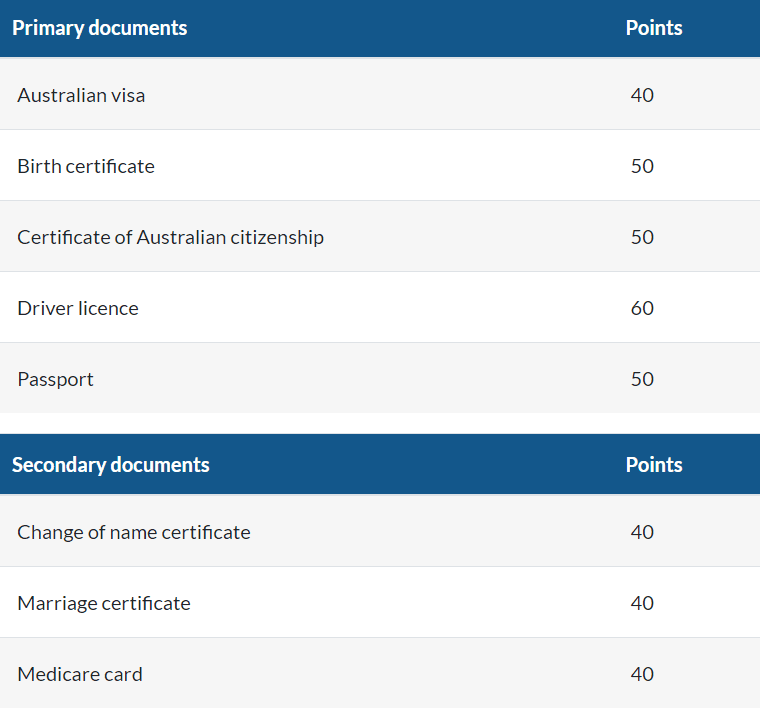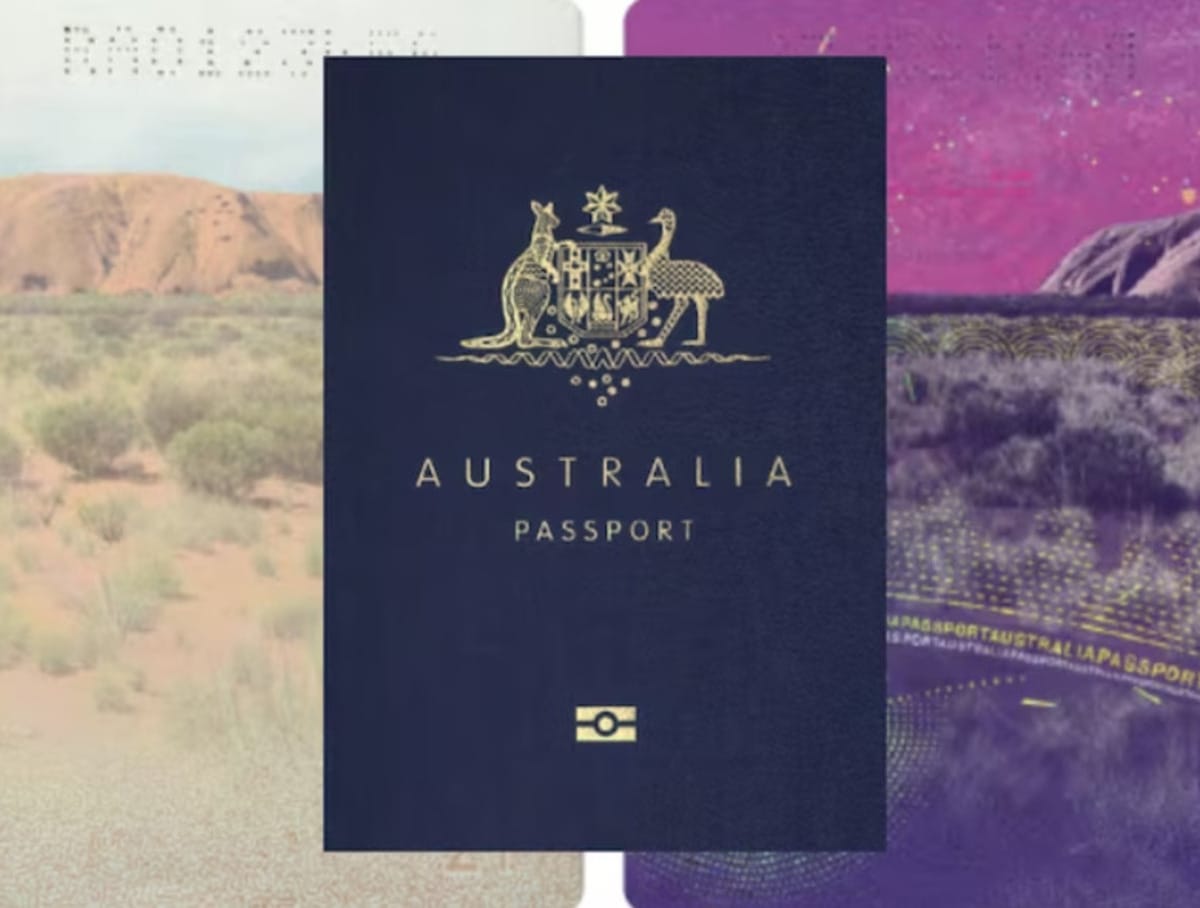In May 2023, posts appeared on Telegram dedicated to the fight of the Australian authorities against anonymity on the Internet. It is alleged that to use social networks you now need an identity card, and the police will have access to the data. We decided to check if this is true.
In May, Russian Telegram channels wrote that in Australia the police would have access to the personal data of social network users. It was also alleged that previously the government obliged users to provide documents to use social networks. Telegram channels, in particular, wrote about this “Solovyov"(261,000 views at the time of writing this analysis), Vladtoday (18,000) and "Karelian balsam | News"(11,000). Also, news about this was previously published by the website of the TV channel “Constantinople"

Posts mentioning the new rules also include a minute-long clip from Australian television news in which a reporter talks about the essence of the proposal.
This is a fragment of a TV channel news release 9News, which was published in Facebook this Australian media back in April 2021. The reporter really talks about personal data and social networks, but clarifies that this is still a proposal that has been submitted to the standing committee on social policy and justice of the House of Representatives of the Australian Parliament.

Such document and actually exists. It is called the Domestic, Family and Sexual Violence Study and was submitted to the relevant parliamentary committee in March 2021. One of the points (recommendation No. 30) says: “In order to register or maintain an existing account on a social network, users must be identified on a special platform using a 100-point system, just like when obtaining a telephone number or when purchasing a SIM card.”
In Australia there is identification system identity, which is also used for individual online transactions: except for the cases indicated above, it is used, for example, to open a bank account via the Internet. This system introduced a long time ago, at the turn of the 1980s–1990s, and its main purpose was to combat fraud, primarily in the financial sector. The documents are divided into two categories, and each has a certain number of points.

Different departments and different states of Australia offer their own list of documents, but the principle remains the same: the more important the document, the more points. For example, in Queensland, the first category includes driver's license (60 points), birth certificate (50), passport (50), certificate of Australian citizenship (50) and Australian visa (40). The second contains marriage certificates (40) and surname change certificates (40), as well as a health insurance card (40). In total, you need to score 100 points, and at least one of the documents must belong to the first category.
But the main thing is that this system is not used for registration on social networks. The document submitted to the Committee on Social Policy and Justice was not supported by the government. In particular, a representative of the Minister of Communications, Michelle Rowland, spoke about this in response to a request from a German fact-checking project Correctiv. This information was confirmed Reuters and Rebecca Lewis, Australian government official commissions on Internet security issues. The idea of the authors of the document was that such identification would help bring to justice those who are harassed on social networks. But critics noticed that such requirements violate freedom of speech, and the effect of the innovation may be minimal.
As for the control that the Australian police allegedly received over the data of social network users, this is also not entirely true. Law on Access to Correspondence, including encrypted messages, was adopted back in 2018 and has nothing to do with the history of user identification. Law enforcement officers receive this right in exceptional cases when it comes to a threat to national security.
Thus, in Australia there is no law yet that would require the provision of a passport or any other official documents when registering on social networks. A similar proposal was indeed submitted to the local parliament, but it was not approved by the government and was not formalized as a bill.
Cover photo: Australian Department of Foreign Affairs and Trade
Mostly not true
- Is it true that the WEF ordered governments around the world to punish citizens for reading fake news on the Internet?
- Is it true that in Australia, from December 17, unvaccinated people who sneeze in public places will be fined?
- Is it true that in Australia you can pay in parts of banknotes?
If you find a spelling or grammatical error, please let us know by highlighting the error text and clicking Ctrl+Enter.






